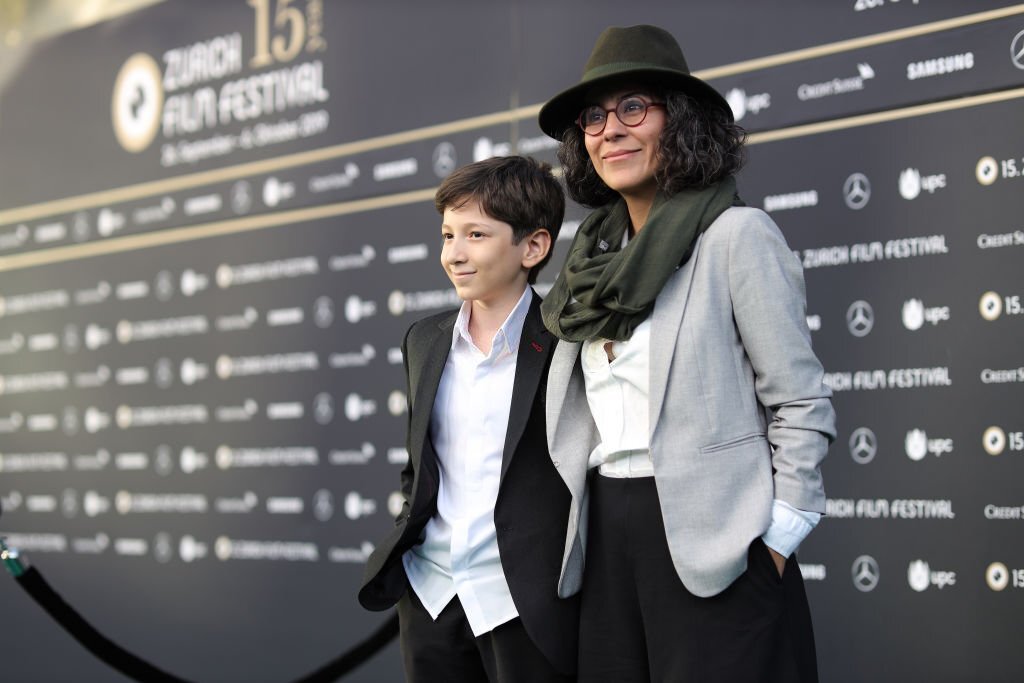After being prohibited from leaving the country, an Iranian director sent a lock of her hair to a film festival in the state of Kerala in southern India.
Because she could not obtain a visa, Mahnaz Mohammadi could not visit India last week to accept the Spirit of Cinema award at the International Film Festival of Kerala (IFFK). To recognize filmmakers “whose passion for filmmaking is unwaveringly carried through despite the obstacles experienced by them,” the award was created in 2021.
Ms. Mohammadi, a vocal opponent of the Iranian administration, could not extend her passport before it expired in March.
IFFK jury member and Greek filmmaker Athina Rachel Tsangari accepted the honor on her behalf at a ceremony on December 9 in Thiruvananthapuram.
The audience cheered and applauded as Ms. Tsangari clutched the lock of Ms. Mohammadi’s hair.
In an email interview, Ms. Mohammadi stated, “cut hair is the emblem of the sorrow that we confront every day and every instant.” She also said that she “could not stop crying” after seeing the reaction she received at the film festival.
Iranian women have been demonstrating against the strict hijab laws—which mandate that all women cover their hair and dress in baggy clothing to hide their figures in public—for months.
A Kurdish woman from the western city of Saqqez named Mahsa Amini passed away in September after going into a coma while being held by morality police in Tehran for allegedly breaking the hijab ban. Her death sparked protests.
In support of the demonstrators, Iranian women have since burned their hijabs on bonfires, while women worldwide have recorded films of themselves cutting their hair.
The unrest is currently seen as the Islamic Republic’s most significant threat since its founding in 1979. According to rights activists, government forces have already killed hundreds of civilians.
According to Ms. Mohammadi, the protests extended Iranian women’s right to live in freedom.
“There is nothing to lose for the demonstrators. However, because the authoritarian government has given them no other choice, they are fighting for their life, “Added she.
The filmmaker, who is 47 years old, is also no stranger to controversy.
The Iranian government gave her a travel ban in 2008 due to the debut of her documentary Travelogue. The movie, filmed on a train between Tehran and Ankara, explained why so many Iranians emigrated.
A wreath was laid on the tomb of Neda Agha Sultan, a 26-year-old who was shot during demonstrations against the re-election of Iranian President Mahmoud Ahmedinejad the year before she was detained for opposing the trial of other women rights activists.
She was sentenced to five years in prison in 2014 “for operating a campaign against the Iranian state.”
After the southern Indian state of Karnataka banned Muslim girls from wearing the hijab in schools and universities early this year, the hijab has since ignited polarising debate in India, which has coincided with the protests in Iran. The order was contested before India’s Supreme Court, but the court could not rule on the matter in October.
We shouldn’t be against the hijab, Ms. Mohammadi remarked when asked about her opinions on the present discussion in India. On the contrary, we support giving women the freedom to decide whether or not to wear the hijab.

